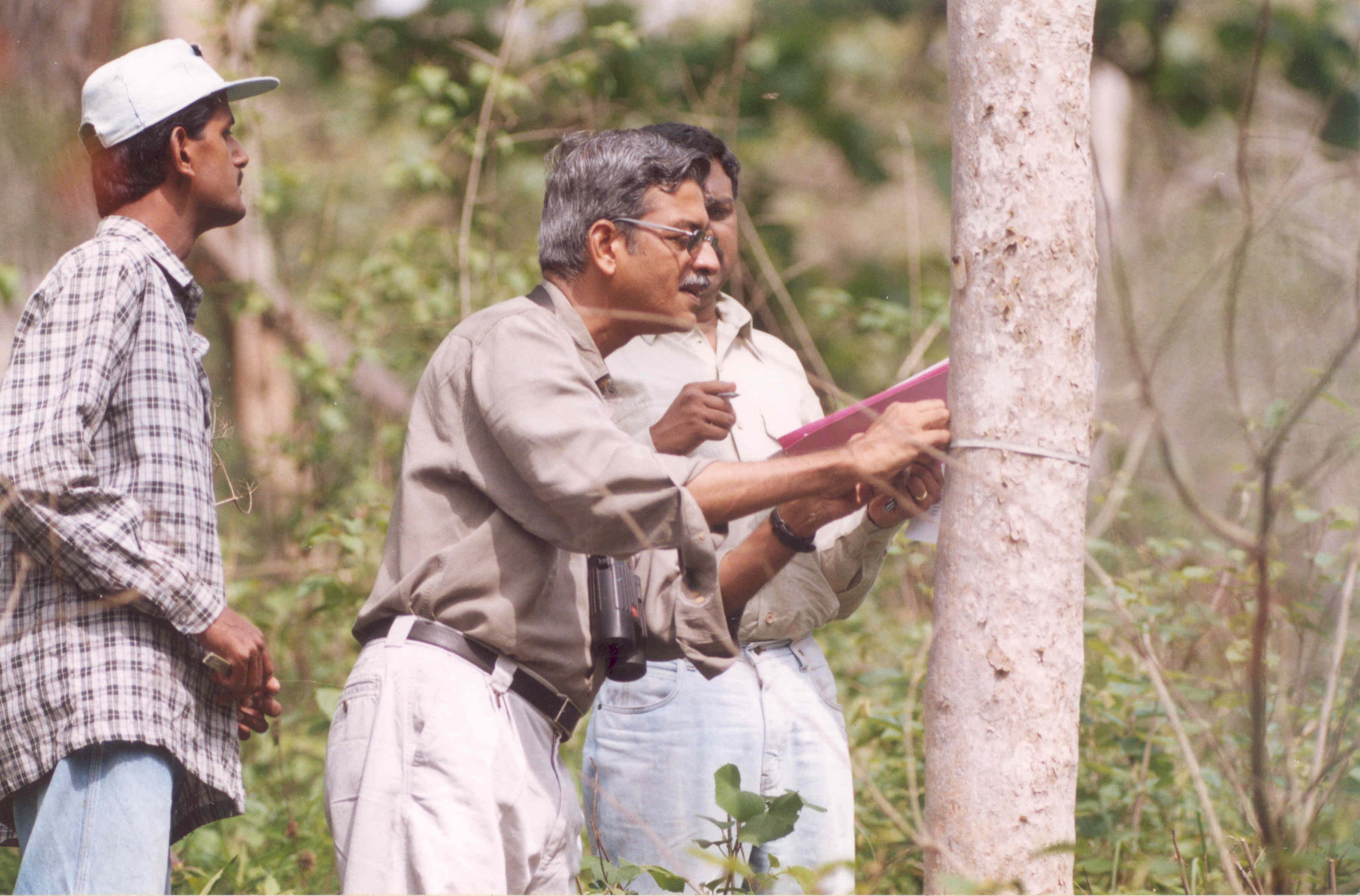India to setup eight ecological observatories to monitor effects of global warming on eco-sensitive,bio-diverse regions
Tue, 2016-01-12 17:14
Union Environment Minister Prakash Javadekar announced at the COP21 meeting in Paris recently that India will set up eight new Long Term Ecological Observatories (I-LTEO) to monitor the effects of global warming on eco-sensitive, bio-diverse regions.
Thrilled
“It has taken six years of pursuing with the Union government, but we are thrilled that it has been announced,” says R. Sukumar, Professor at the Centre for Ecological Sciences, Indian Institute of Science (IISc.), who has been named as the national coordinator for the programme. He authored the report that has become a template for the I-LTEO.
The ecologist started the first observatory in the country, after setting up his research station on a 50-hectare plot in Mudumalai in 1988. His team mapped nearly 40,000 trees here, along with measurements of rainfall, temperature and other factors.
With scientific data stretching to nearly three decades, the effects of climate change here became all the more apparent — a rarity in a country where currently research is done in isolation and in periods of just three years (that is, average time to obtain a Ph.D).
For instance, observations from 1988 have quantified the resilience of dry deciduous forests — an understanding that can help prioritise when fighting the effect of climate change.
Similarly, it was found that prolonged periods of drought was accompanied by reduction of native species and a sudden spurt in invasive species such as Lantana.
Plan mitigation measures
“The rising CO2 will see these kinds of plants thrive, while tropical grasses will reduce. Understanding the local context of this can help plan mitigation measures,” said Mr. Sukumar.
These experiences were taken to the government in 2009. However, it was only in the run-up to the Paris conference that the initiative was speeded up. “With the announcement, we hope to get the programme running by March,” he said.
These long-term observatories will be key to develop measures to adapt and mitigate climate change. Whether it is soil or insects to even smaller mammals, studies on their adaptability can be studied in and around these observatories.
“Within 10 years, we can start to correlate these studies and find out how flora and fauna react to the slow effects of climate change. Research will lead to policies that mitigate some of the effects, or protects the vulnerable, or even tells us how to adapt to climate change by helping species migrate to ore conducive environments,” he said.
This was published in the Hindu and the url is "http://m.thehindu.com/news/cities/bangalore/ecologists-sixyear-effort-pa... "

Add new comment